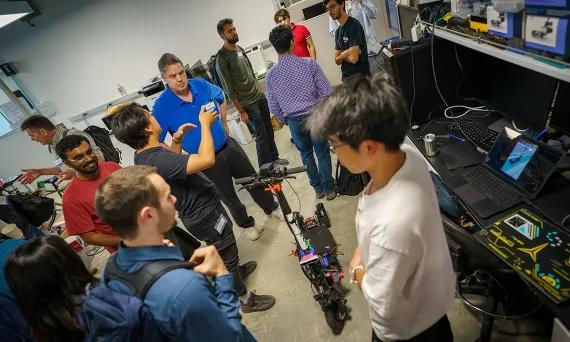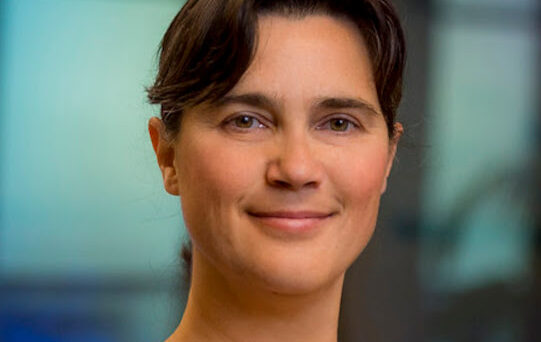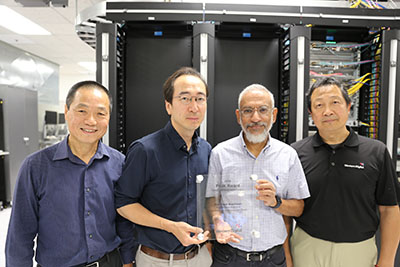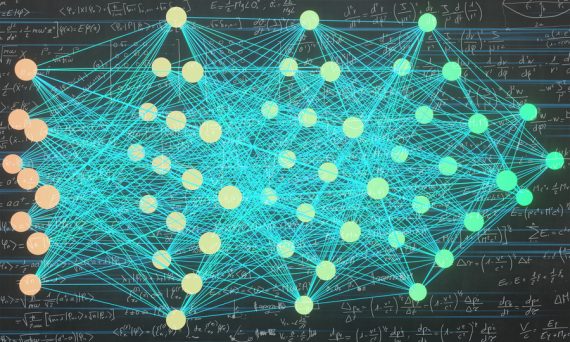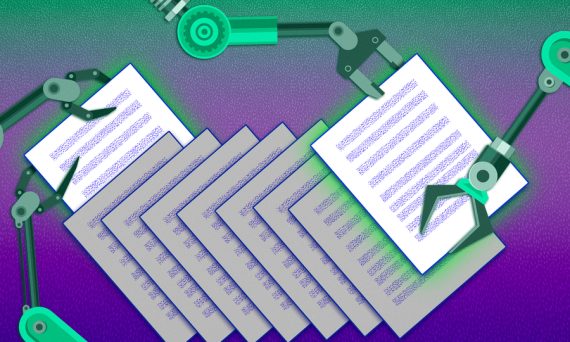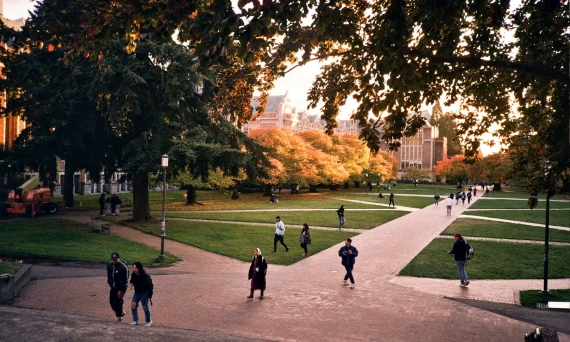Dr. Henrik Christensen Discusses the Future of the Global Robotics Industry
An interview with Dr. Henrik Christensen, TILOS Robotics co-lead and Distinguished Professor of Computer Science at UC San Diego, about the “marriage” of AI and physical automation. Christensen explains why the market’s fixation on sci-fi concepts has created a disconnect, leaving practical robotics companies poised for growth that is not yet priced in. The conversation […]

